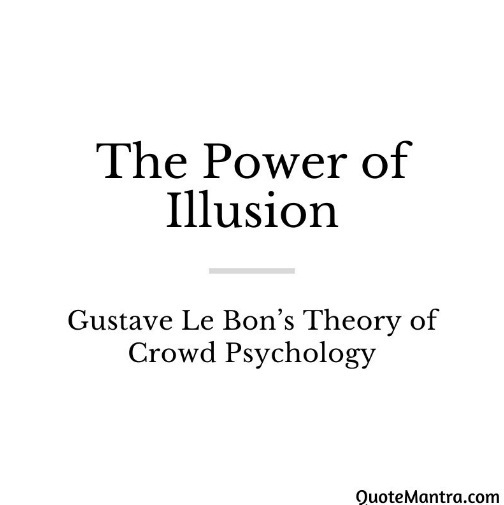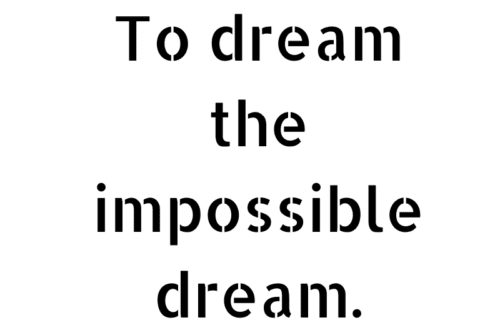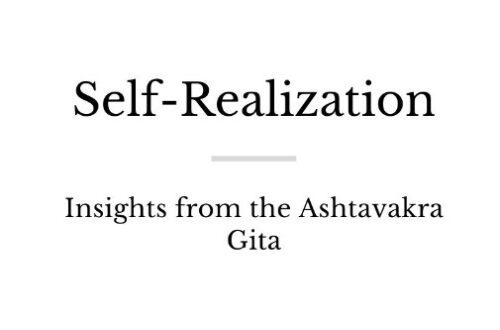
The Power of Illusion
Crowds have the power to influence individuals in ways that are often irrational and unpredictable. This phenomenon has been the subject of study for many social psychologists, including Gustave Le Bon, a French author, and social psychologist who lived in the late 19th and early 20th centuries. Le Bon’s theory of crowd psychology emphasizes the power of emotions, beliefs, and illusions in shaping human behavior and attitudes, particularly in the context of crowds and groups. In this article, we will explore Le Bon’s theory of crowd psychology, its main features, and its relevance to our understanding of collective behavior and social dynamics. Power of Illusion
The Power of Illusion: Gustave Le Bon’s Theory of Crowd Psychology
Gustave Le Bon was a French social psychologist and author who lived in the late 19th and early 20th centuries. He was known for his study of crowd psychology and his influential book “The Crowd: A Study of the Popular Mind.” In this book, Le Bon argued that individuals are not rational beings and are easily swayed by emotions and illusions, especially when they are part of a crowd or a group.
Le Bon believed that crowds have a collective identity and a sense of unity that transcend the individuality of their members. This collective identity is based on shared emotions, beliefs, and values that are transmitted from person to person through communication and interaction. According to Le Bon, the power of the crowd comes from its ability to generate and transmit this collective identity and to create a sense of belonging and solidarity among its members.
However, Le Bon also believed that crowds are more prone to irrational and impulsive behavior than individuals, as they are more susceptible to collective emotions and ideas. He argued that the psychological state of the individual changes when he or she becomes part of a crowd, as the individual’s consciousness is merged with the collective consciousness of the group. This merging of consciousness creates a “group mind” that is more emotional, impulsive, and irrational than the individual mind.
According to Le Bon, the group mind is characterized by three main features: anonymity, suggestibility, and contagion. Anonymity refers to the fact that individuals in a crowd feel anonymous and therefore less responsible for their actions. Suggestibility refers to the fact that individuals in a crowd are more likely to accept beliefs and ideas that conform to the group’s norms and values. Contagion refers to the fact that emotions and behaviors are easily transmitted from person to person in a crowd, creating a collective mood or atmosphere that can be positive or negative.
Le Bon believed that crowds are more likely to be attracted to illusions and falsehoods that appeal to their emotions and desires than to the truth that may challenge their beliefs and perceptions. He argued that people are more likely to accept beliefs that confirm their preconceived ideas and biases, rather than those that challenge them. This confirmation bias leads people to reject evidence that contradicts their beliefs and to seek out evidence that confirms them.
Le Bon’s theory of crowd psychology has been criticized and challenged by many scholars, who argue that it is too simplistic and reductionist. They argue that crowds are not always irrational and impulsive and that they can also be rational and deliberative. They also argue that Le Bon’s theory ignores the role of leadership, ideology, and social context in shaping the behavior and attitudes of crowds.
Despite these criticisms, Le Bon’s ideas about the power of emotions, beliefs, and illusions in shaping human behavior and attitudes continue to be influential in various fields, including psychology, sociology, and political science. His theory of crowd psychology has been used to explain a wide range of phenomena, including political movements, social protests, religious gatherings, and sports events.
In conclusion, Gustave Le Bon’s theory of crowd psychology emphasizes the power of emotions, beliefs, and illusions in shaping human behavior and attitudes, especially in the context of crowds and groups. While his theory has been criticized and challenged, it continues to be a valuable tool for understanding the dynamics of collective behavior and the role of emotions and beliefs in shaping human actions and decisions.
Also Read: Unrealistic Expectations and Constant Hoping Can Lead to Unhappiness.




